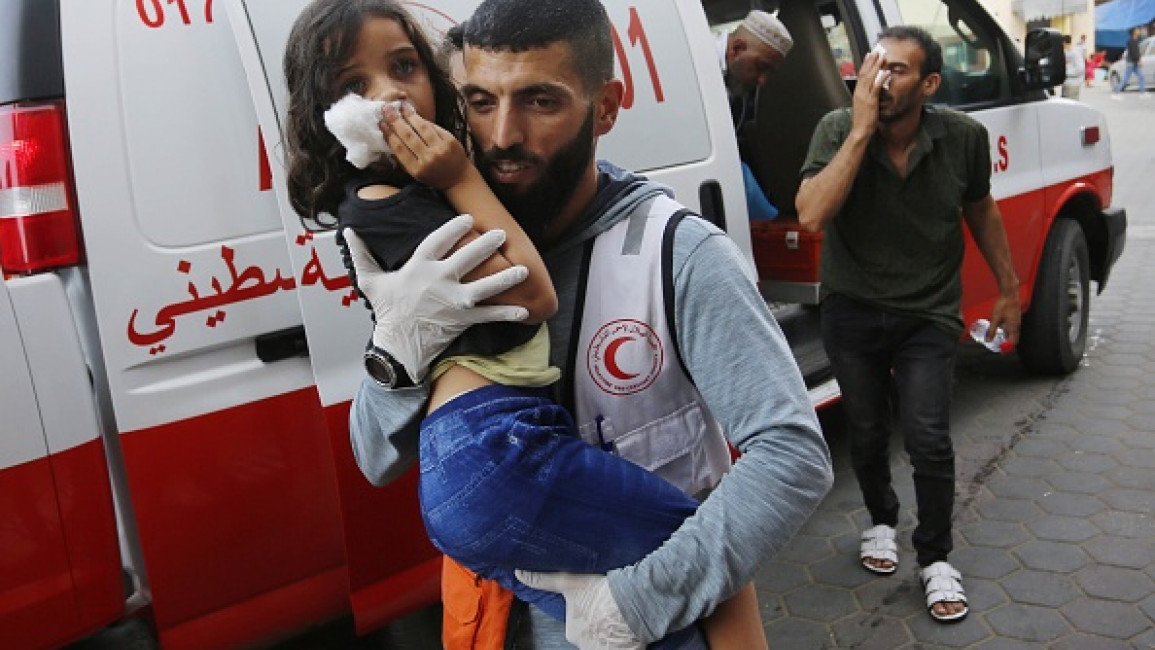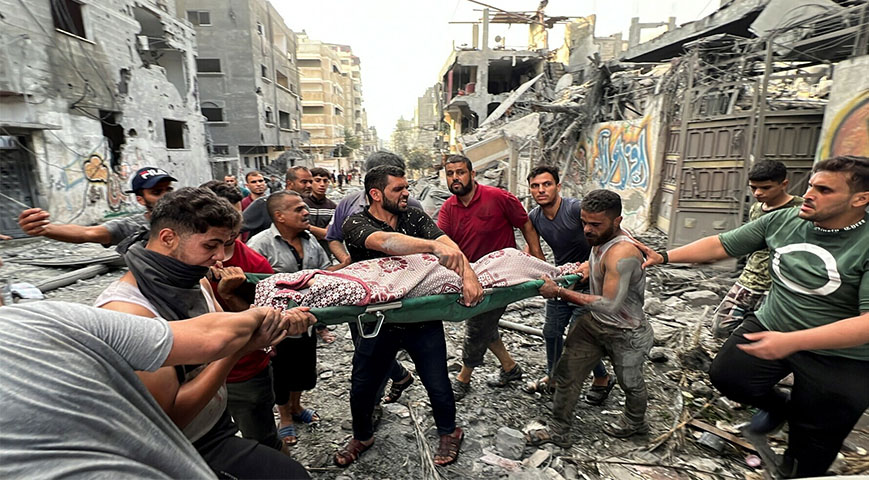Gaza residents intensify search for their family members As communications were gradually restored in the region after a near total blackout.
The UN also warned that Palestinians were starving and that civil order was crumbling following three weeks of fighting with Hamas militants and a siege on the densely populated coastal strip.

On Friday night, Israeli soldiers launched ground operations in Gaza in what Israeli Prime Minister Benjamin Netanyahu termed as the second phase of the conflict aimed at defeating Hamas.
Did you read this?
Shaban Ahmed, a government employee who works as an engineer and has five children, called the Israeli attacks "doomsday."
"This morning, Sunday, I discovered that my cousin was killed in an air strike on their house on Friday," Ahmed told Reuters, despite an Israeli warning to relocate south.

"We only found out today. Israel closed us off from the rest of the world in order to destroy us, but we can hear explosions and are glad that resistance fighters have halted them at a safe distance."
Israel's chief military spokesperson has refused to disclose whether Israel was responsible for the telecommunications outage but has stated that the country would do whatever was necessary to safeguard its forces.
Israeli air strikes have been hammering Gaza City since Hamas launched an onslaught on southern Israel on October 7, killing at least 1,400 Israelis in the nation's 75-year history.

According to Ahmed, the strikes from the air, sea, and ground lasted for hours on Friday.
On Sunday, Hamas stated that it would continue to resist Israeli forces, who were conducting ground operations.
Gaza's health ministry reported on Sunday that 8,005 people had been killed there since October 7.









